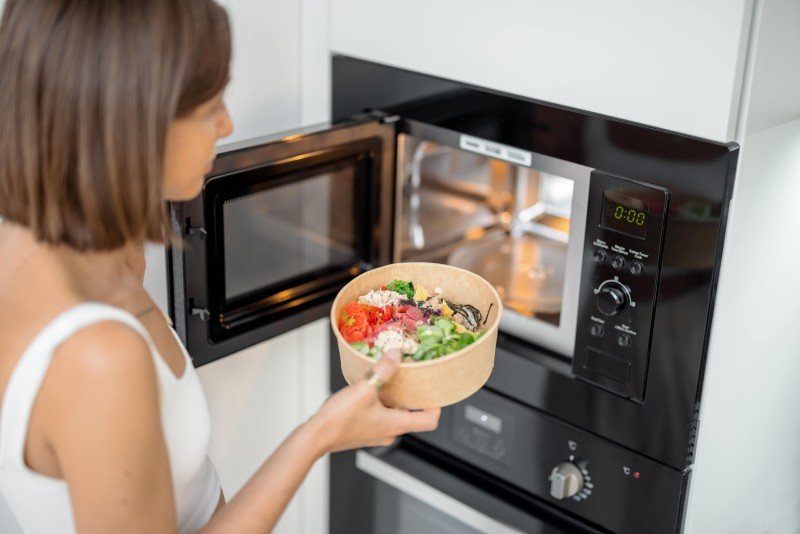Understanding Cookers and Hobs: A Comprehensive Guide
Cooking is an important element of every day life, and the advancement of kitchen devices plays a substantial role in how efficiently and effectively individuals prepare their meals. Among these devices, cookers and hobs are two of the most vital instruments discovered in modern cooking areas. This post looks into the differences between cookers and hobs, analyzes their numerous types, and provides insights on their functions, maintenance, and choice process.
What are Cookers and Hobs?
Cookers
Cookers are extensive kitchen home appliances created for cooking jobs, normally integrating an oven and a hob. They come in numerous setups and types, accommodating diverse cooking needs and preferences.
Hobs
Hobs, on the other hand, are more concentrated appliances primarily utilized for boiling, frying, and other stovetop cooking approaches. Hobs can be standalone systems or an integrated part of larger cookers.
| Function | Cookers | Hobs |
|---|---|---|
| Function | Integrates oven and hob | Stovetop cooking just |
| Design | All-in-one system | Different unit or integrated |
| Types | Electric, gas, dual fuel | Gas, electric, induction |
| Setup | Permits for more versatility | Built into the counter top |
| Price Range | Usually greater | Varies commonly |
Types of Cookers
1. Electric Cookers
Electric cookers use electricity as their primary source of power. They often include an integrated oven and numerous cooking zones on the hob.
Advantages:
- Even heat distribution
- Offered in different designs (e.g., freestanding, built-in)
2. Gas Cookers
Gas cookers work on natural gas or melted petroleum gas (LPG). They provide immediate heat control, making them a favorite amongst professional chefs.
Advantages:
- Instant heat changes
- More cost effective functional costs
3. Dual Fuel Cookers
Dual fuel cookers combine the heat of gas with the efficiency of electric ovens. This setup enables for the very best of both worlds, offering control and constant outcomes.
Benefits:
- Flexible cooking choices
- Exact control over stovetop cooking and baking
4. Range Cookers
Variety cookers are larger and more effective than basic cookers, featuring numerous ovens and hobs for comprehensive cooking jobs.
Advantages:
- Ideal for large households or cooking for events
- Provides various cooking options in one home appliance
Types of Hobs
1. Gas Hobs
Gas hobs are favored for their fast heating and strong flame, making them excellent for scorching and stir-frying.
Benefits:
- Instant heat and control
- Suitable with any type of cookware
2. Electric Hobs
Electric hobs warm up utilizing electric coils or glass-ceramic surfaces, supplying a modern appearance and efficient cooking.
Benefits:
- Easier to clean up
- Consistent surface area appropriate for numerous pots and pans
3. Induction Hobs
Induction hobs use electromagnetic fields to heat pots and pans directly, providing quick and energy-efficient cooking.
Advantages:
- Safe (cool surface area after removing pots and pans)
- Energy-efficient and precise
4. Strong Plate Hobs
These conventional hobs utilize strong electric plates that warm up gradually.
Advantages:
- Rugged and resilient
- Generally more economical than other types
Secret Features to Consider
When picking a cooker or hob, a number of features must be taken into account:
- Size and Space: Consider the size of your kitchen and the quantity of work space needed.
- Cooking Style: Choose based on preference-- gas for control, induction for effectiveness, and so on.
- Efficiency Ratings: Look for energy-efficient designs to reduce energy costs.
- Ease of Cleaning: Smooth surface areas help with easy upkeep.
- Safety Features: Automatic shutoff, flame failure devices, and kid locks boost security.
Upkeep Tips
Maintaining cookers and hobs lengthens their life-span and makes sure safe operations.
- Regular Cleaning: Wipe down surfaces after use to prevent accumulation.
- Inspect Seals: Check oven door seals routinely for wear and tear to maintain effectiveness.
- Service Regularly: Schedule expert maintenance a minimum of when a year.
- Suitable Cookware: Use pots and pans appropriate for your hob type to prevent damage.
Regularly Asked Questions (FAQs)
What is the difference in between a cooker and a hob?
A cooker combines an oven and hob in one unit, while a hob is normally a standalone appliance for stovetop cooking.
Do I require a professional to install a gas cooker or hob?
Yes, expert installation is advised for gas home appliances to guarantee security and compliance with regional guidelines.
Can I utilize any kind of cookware on induction hobs?
Induction hobs need magnetic cookware. Stainless steel or cast iron pots work best. Non-magnetic materials will not heat up.
Are electric cookers more energy-efficient than gas cookers?
While both have benefits, electric cookers tend to be more energy-efficient total, especially with modern, high-efficiency models.
How typically should I clean my cooker or hob?
It is best to clean them after each usage and perform a comprehensive cleaning weekly to avoid buildup and residue.
Comprehending the differences, features, types, and upkeep ideas for cookers and hobs is important for any home cook. By picking the best appliance suited to their culinary requirements, users can boost their cooking experience, making meal preparation an effective and pleasant task. Whether selecting Oven Hobs of gas or the smooth effectiveness of induction, picking the appropriate cooker or hob can lead to a significantly improved kitchen experience.

